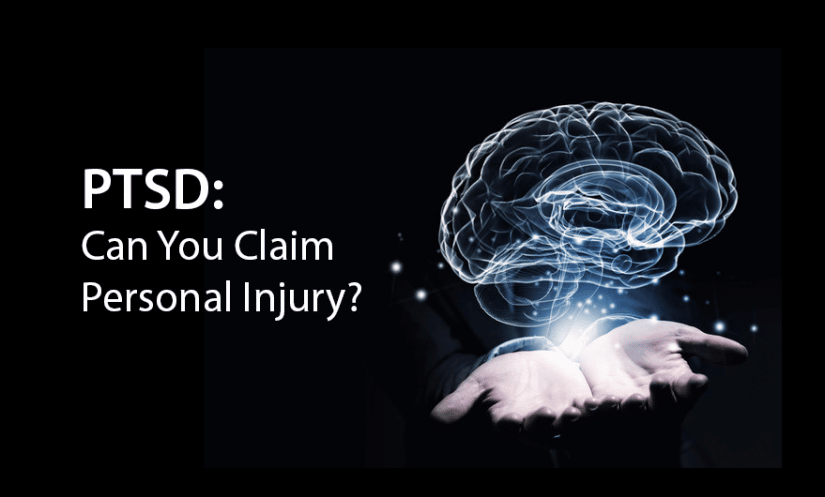Can You Collect Damages For PTSD After An Accident?

Post-Traumatic Stress Disorder (PTSD) is a life-altering psychological disorder that results from experiencing one or more intense, traumatic life events. Much like a major physical injury, PTSD can cause long-term and severe disruption to one’s life, including mental and emotional strife, heightened anxiety and fear, loss of ability to concentrate, sleep disruptions, depression, moodiness and much more. Often, long after the physical injuries of a motor vehicle accident (or any serious trauma) heal, the mental and emotional side effects from PTSD remain.
Statistics show that car accident and serious trauma victims are at an increased risk of developing PTSD after a crash. So what can be done, if anything, to provide compensation for those who must cope with the effects of PTSD after an auto accident?
There are two types of damages that a personal injury attorney will seek on behalf of a client – special damages and general damages. Special damages include tangible expenses like lost wages, medical bills and other expenses. They are things that can be assigned a specific dollar value. General damages include losses that may be harder to assign a monetary value. These include pain and suffering, emotional trauma, loss of consortium (depravation of a family relationship), and diminished quality of life. PTSD falls under the category of general damages. In order for an attorney to present a valid case for PTSD damages, he or she must prove the following:
- That the plaintiff suffers from PTSD
- That the PTSD resulted from the accident
- What the long-term prognosis of the PTSD is and what level of compensation is appropriate.
In order to effectively prove such a case, expert testimony from a doctor or psychiatrist will need to be presented. Many PSTD cases go through what is commonly called the, “Battle of experts,” in which the defendant’s counsel will provide evidence to suggest that PTSD is caused exclusively by large-scale catastrophic events such as natural disasters and wartime horrors and not by more common occurrences like automobile accidents. Fortunately, the definition of PTSD in the fifth edition of the Diagnostic and Statistical Manual of Mental Disorders (DSM-5), does not name such strict causal requirements for a PTSD diagnosis, and instead outlines a series of criteria that must be met within a range of scenarios and symptoms. This means that a jury or alternative dispute mediator or arbitrator will have to determine, based on expert testimony and the nature of your symptoms, if your diagnosis meets that outlined criteria and whether you should be compensated accordingly.
Can you file a personal injury lawsuit for PTSD as your sole injury? Yes, however, this can be difficult as PTSD can be challenging to prove by itself. In some cases, having to relive the triggering events in depositions and testimony may create more mental anguish. The compensation due a victim that has suffered PTSD is entirely dependent on the nature and severity of the trauma suffered and the severity of the symptoms suffered by the victim. In most cases, PTSD is included as part of a list of physical, mental and emotional injuries associated with one overarching lawsuit.
If you have been injured in an accident, have received a diagnosis of PTSD and would like to find out if you have a case, contact Lowe Scott Fisher today. We offer free initial consultations and can work with you to determine if you have a case.
Back To Blog